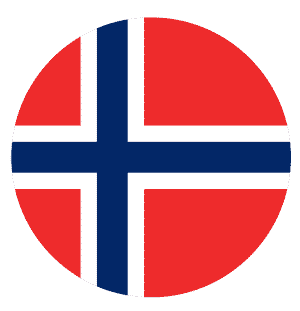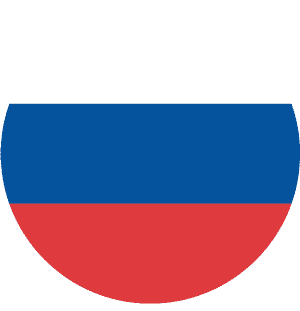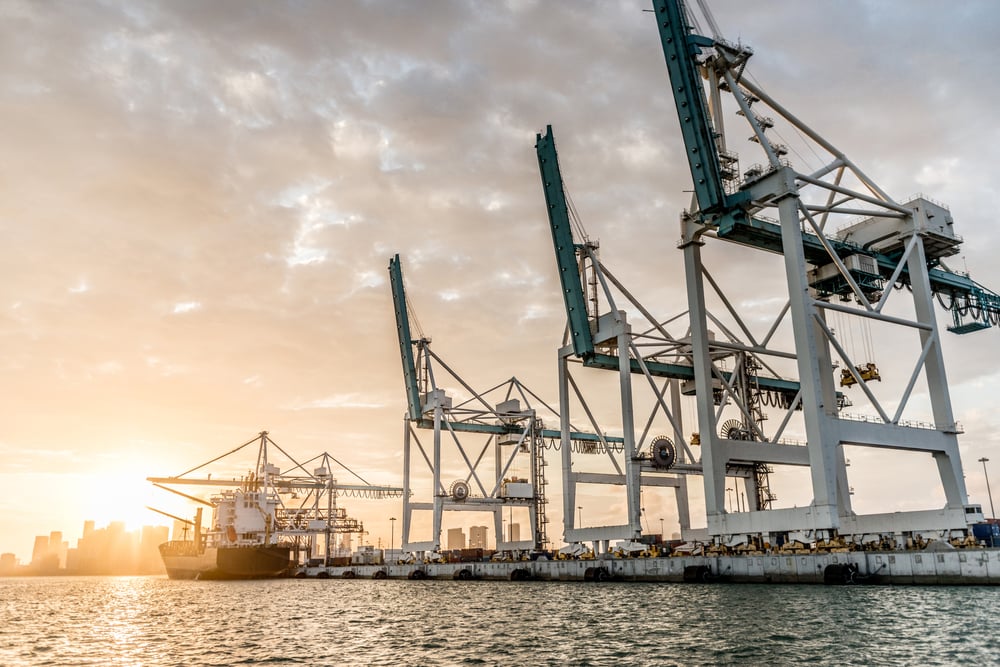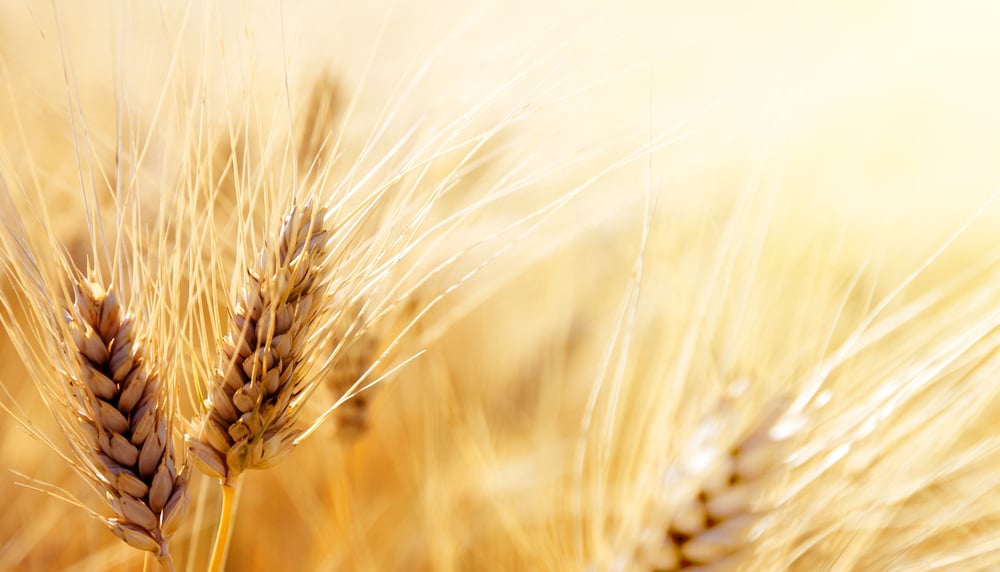The Mintec Benchmark Prices for Turkish type 9 sultanas, FOB Turkey, rose 3% in the four-week period to 4th January 2023, to USD 1,600/MT, following extensive Turkish Grain Board (TMO) sultana procurement, giving rise to concerns over tighter availability in Turkey’s free market as the season progresses.
By the end of December, the TMO was estimated to have purchased approximately 93,000 tonnes of sultanas of the 2022/23 harvest. The agency halted its sultana purchases at the end of December, against earlier indications that it would continue buying beyond the new year to further squeeze the supply. According to some market opinions, the TMO lacks storage capacity to maintain its purchasing program in 2023.
The organisation now holds around 130,000 tonnes of sultanas, including 35,000 tonnes of the 2021/22 crop.
“Prices moved up as supply has been squeezed and sellers want to price in the minimum wage hike. Supply in the free market might not be sufficient to satisfy demand,” a European trader disclosed to Mintec. A UK-based buyer added, “there might not be enough sultanas to balance the books.” However, not everyone shares the same opinion. A German dried fruit trader noted, “we do not foresee sultana shortages in the market. The TMO has to sell sultanas. They still hold plenty of the 2021/22 crop and cannot sit on it until after the elections. Once they release last season’s stock in March or April, this will ease pressure on prices.”
Amid the upcoming Turkish general and presidential elections due to take place in June 2023, there have been concerns that the TMO could delay releasing its accumulated stocks, including the 2021/22 crop. The purpose of this would be to further squeeze availability and fuel the bullish market sentiment.
In addition, Turkey’s minimum wage increased by 55% as of 1st January 2023, to TRY 8,507 per month, causing the production, processing and logistics costs to rise.
Exports from Turkey run 2% ahead of last year, reaching 97,300 tonnes by the end of December, according to the Aegean Exporters’ Associations (EIB). The UK, one of the largest sultana importers, shipped in 24,350 tonnes of Turkish sultanas between 1st September and 31st December, an increase of 2% y-o-y.
A big increase in shipments was registered for the Netherlands, with Dutch sultana imports soaring by 32% y-o-y between 1st September and 31st December, to 11,612 tonnes, according to EIB data. It is possible that Dutch traders have been compensating for lower imports from other origins where the persistently high freight rates in H1 2022 and low prices of Turkish sultanas might have hindered demand. According to Eurostat data, Netherlands imported almost 24,000 tonnes of dried grapes from Turkey between January and October 2022, an increase of 6,900 tonnes on the same period in 2021 (+41%). Imports from China (-93% y-o-y), Iran (-49%), Chile (-30%) and South Africa (-18%) amounted to a total of 10,500 tonnes during the same period, 6,800 tonnes less than in 2021.
European dried grape demand continues to be clouded by concerns over the rising costs of living. However, sultanas are benefiting from being the cheapest food ingredient in the nut and dried fruit category which keeps driving up the demand.
“Retailers have been delaying tenders. Buyers are cautious to cover far forward due to the economic uncertainty,” a European trader told Mintec. Another EU-based trader commented that demand was slow when it is normally busy ahead of Christmas. “There is also less demand from the US for dried fruit,” a German trader said.
However, some market participants continue to perceive steady demand in the market. “We’re seeing steady demand from the bakery and confectionary segment,” a UK-based trader noted, and continued, “some food manufacturers have been swapping more expensive dried fruits for cheaper alternatives, such as sultanas.” A Dutch trader added, “Even if prices go up a little, sultanas are still the cheapest ingredient out there. We’re not worried about demand.”
jara.zicha@mintecglobal.com

.png?width=145&height=54&name=Mintec_Logo_Small_Use_Mono_RGB%20(2).png)


















